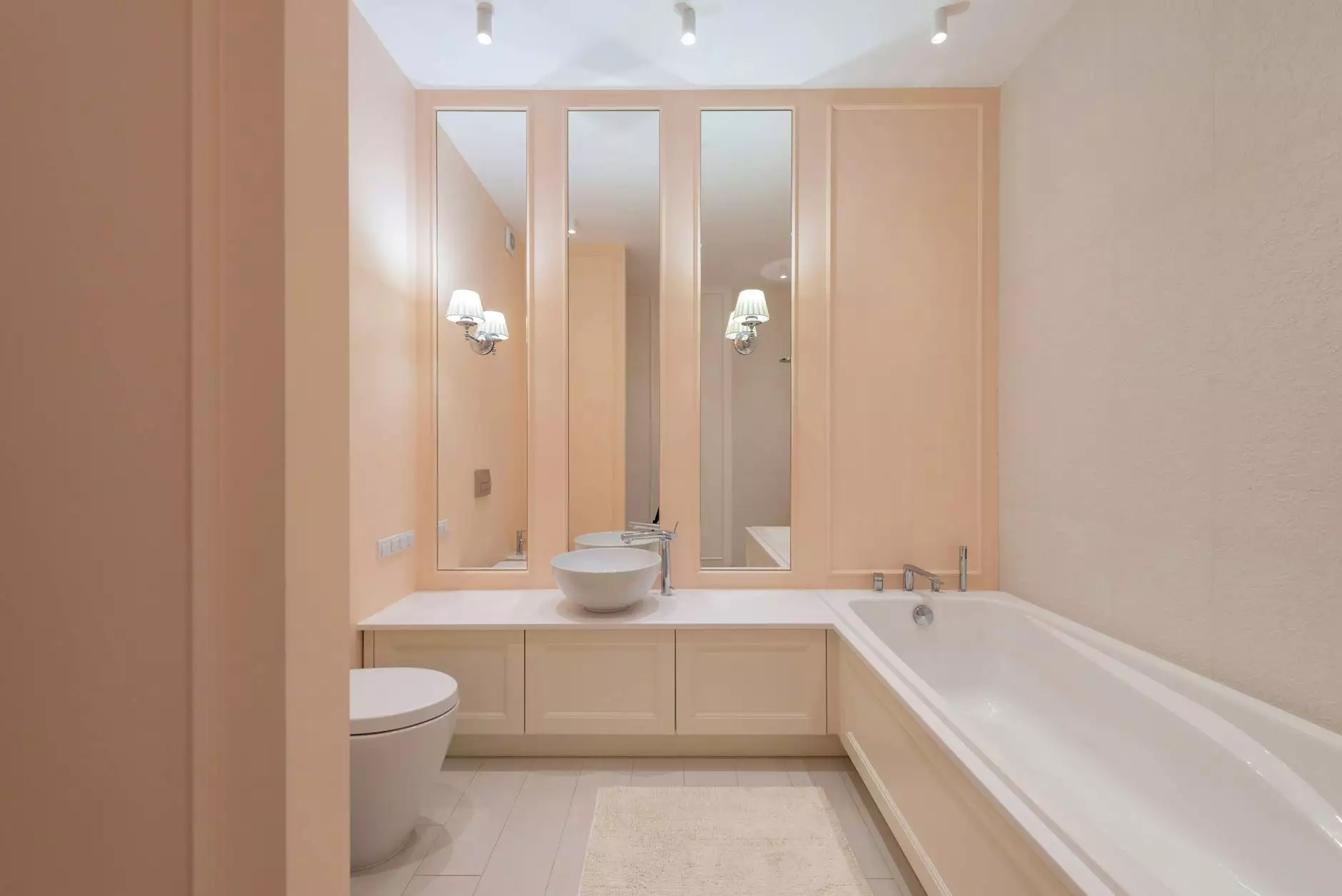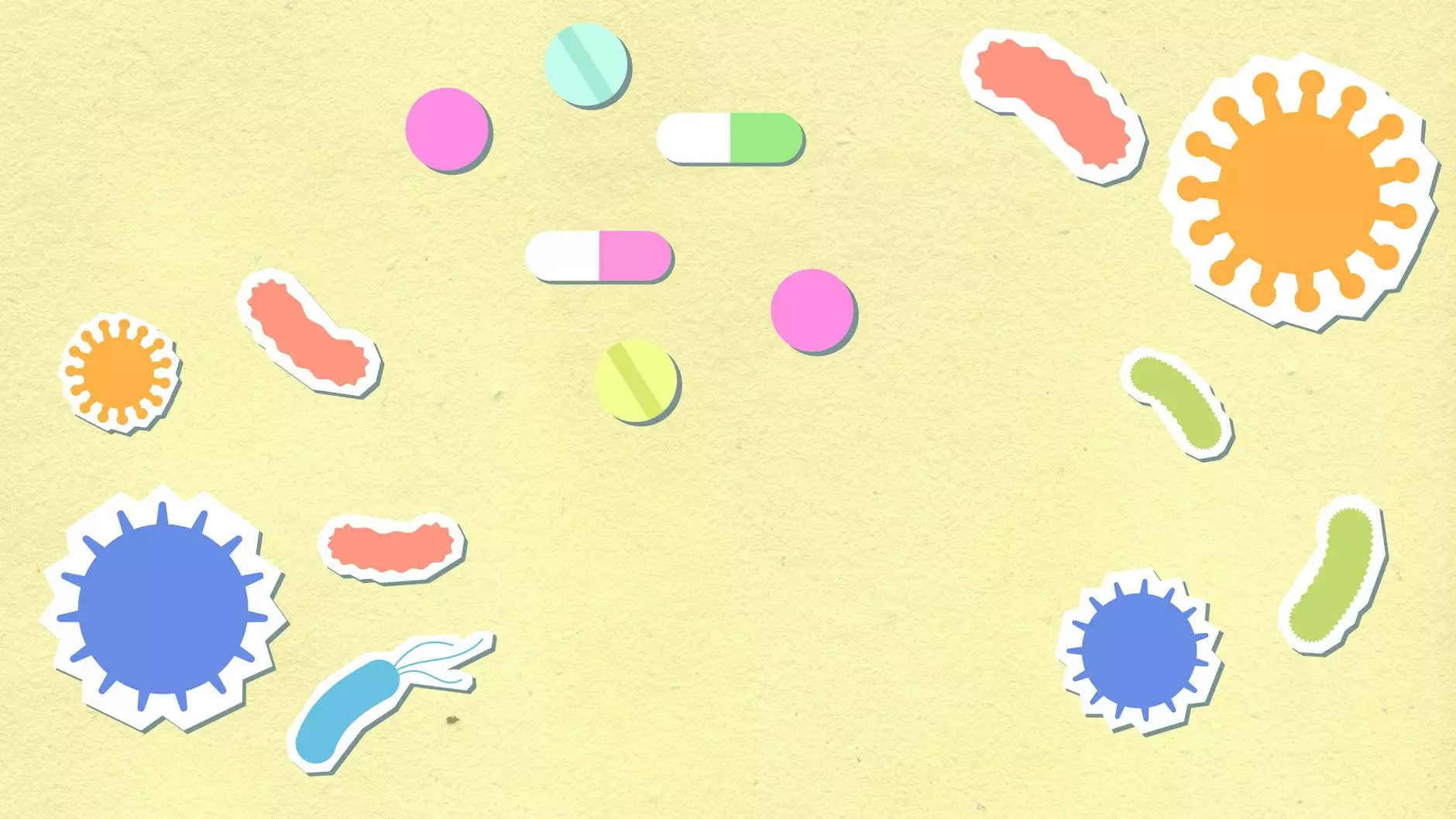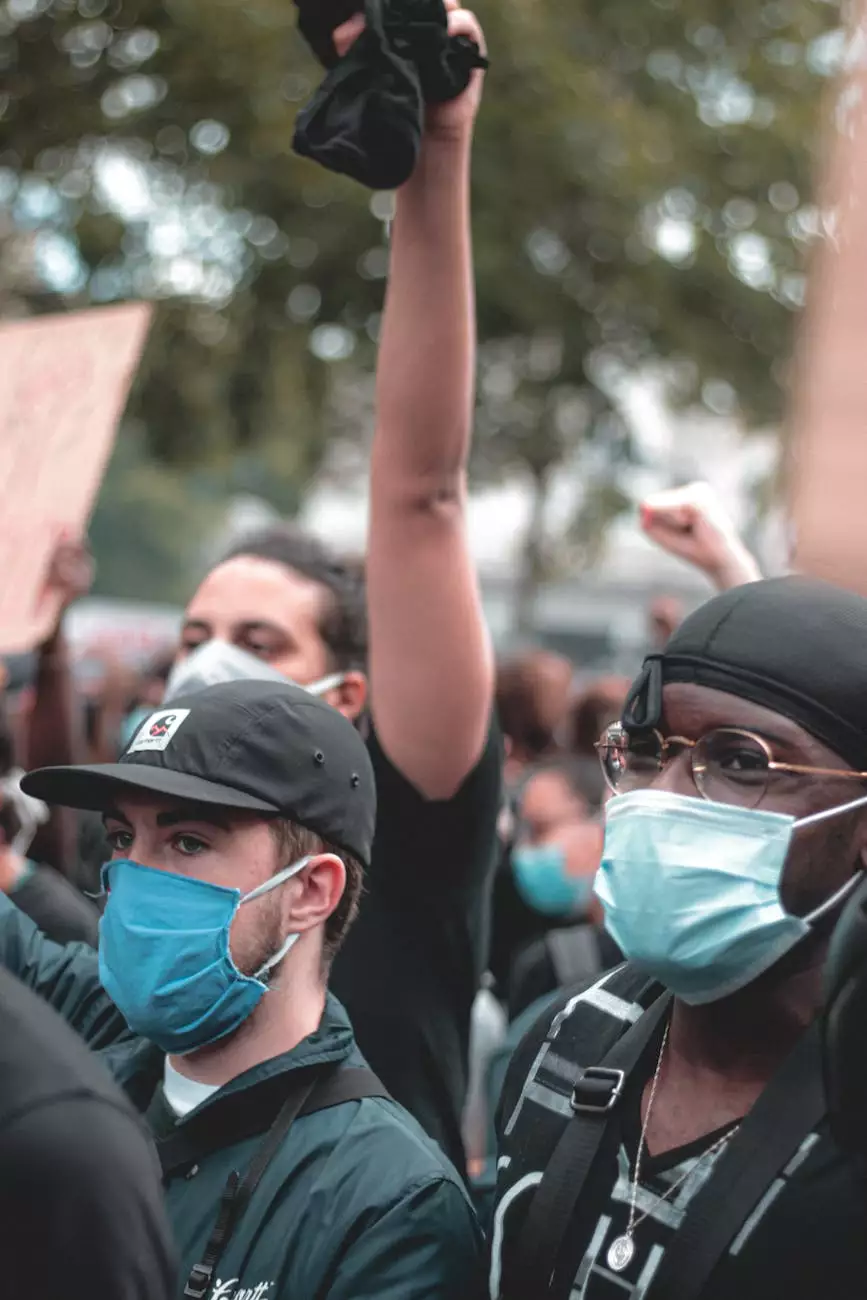Why is my nose always stuffy? - Louisville
Health Equity
Are you tired of constantly dealing with a stuffy nose? If so, you're not alone. Many people experience nasal congestion on a regular basis, causing discomfort and difficulty in breathing. At Norton Community Medical Associates in Louisville, we understand how frustrating and bothersome this condition can be. In this comprehensive guide, we'll explore the common causes of nasal congestion, discuss its symptoms, and provide you with effective treatment options to help alleviate your stuffy nose for good!
Understanding Nasal Congestion
Nasal congestion, also known as a stuffy nose, occurs when the tissues lining the nasal passages become swollen and inflamed. This can happen due to various factors, including allergies, the common cold, sinus infections, or structural issues in the nose, such as a deviated septum. The swelling in the nasal passages can lead to blocked airflow, making it difficult to breathe through the nose.
Causes of Nasal Congestion
1. Allergies: Allergic rhinitis, commonly known as hay fever, is a common cause of nasal congestion. When you're exposed to allergens such as pollen, dust mites, pet dander, or mold spores, your immune system reacts by releasing histamines, which can cause nasal inflammation and congestion.
2. Common Cold: Viral infections, like the common cold, can cause nasal congestion as one of its symptoms. Cold viruses infect the respiratory system and can lead to swollen nasal passages, resulting in a stuffy nose.
3. Sinus Infections: Sinusitis occurs when the sinuses, which are hollow spaces in the skull, become infected or inflamed. This can be caused by a bacterial, viral, or fungal infection. Nasal congestion is a common symptom of sinusitis, accompanied by facial pain, pressure, and discharge.
4. Structural Issues: Sometimes, nasal congestion can be caused by structural issues within the nose, such as a deviated septum (when the wall separating the nostrils is crooked), nasal polyps (abnormal growths in the nasal passages), or enlarged turbinates (structures that help filter and humidify the air we breathe). These structural abnormalities can obstruct airflow and lead to chronic nasal congestion.
Symptoms of Nasal Congestion
When you have nasal congestion, you may experience the following symptoms:
- Difficulty breathing through the nose
- Feeling of pressure or fullness in the face
- Postnasal drip (mucus dripping down the back of the throat)
- Sneezing and itchy, watery eyes (in cases of allergies)
- Decreased sense of smell and taste
- Mild headache
- Coughing (especially at night)
- Snoring or sleep disturbances
- Reduced quality of life due to discomfort and impaired breathing
Treatment Options for Nasal Congestion
The treatment for nasal congestion depends on the underlying cause and severity of your symptoms. Here are some options your healthcare provider may recommend:
1. Over-the-Counter Medications
If your nasal congestion is due to allergies or a common cold, over-the-counter medications like antihistamines, decongestants, and nasal sprays can provide temporary relief. It's important to follow the instructions and consult with your healthcare provider if you have any underlying medical conditions or are taking other medications.
2. Nasal Irrigation
Nasal irrigation, which involves rinsing the nasal passages with a saline solution, can help reduce nasal congestion and clear out mucus. This can be done using a neti pot, squeeze bottle, or nasal saline spray. Make sure to use distilled or sterile water to avoid any potential infections.
3. Prescription Medications
If your nasal congestion is associated with chronic sinusitis or underlying conditions like nasal polyps, your healthcare provider may prescribe medication such as corticosteroids or antibiotics to reduce inflammation and treat the infection.
4. Surgery
In some cases, when structural abnormalities are causing chronic nasal congestion that doesn't respond well to other treatments, surgery may be considered. Surgeries like septoplasty (to correct a deviated septum) or endoscopic sinus surgery (to remove nasal polyps or open blocked sinuses) can improve airflow and alleviate nasal congestion.
5. Managing Allergies and Environmental Triggers
If allergies are causing your nasal congestion, avoiding triggers like pollen or dust mites can help reduce your symptoms. Your healthcare provider may recommend allergy testing to identify specific allergens and develop a personalized treatment plan, which might include allergy shots or allergen immunotherapy.
6. Lifestyle Changes
In addition to medical treatments, incorporating certain lifestyle changes can help manage nasal congestion. These include:
- Maintaining proper hydration
- Using a humidifier to add moisture to the air
- Avoiding cigarette smoke and other irritants
- Elevating your head while sleeping
- Practicing good hand hygiene to prevent the spread of viral infections
- Using allergy-proof covers for pillows and mattresses
- Regularly cleaning your living space to minimize dust and pet dander
If your nasal congestion persists or worsens despite trying various treatments, it's important to consult with a qualified healthcare provider. They can evaluate your symptoms, perform a thorough examination, and recommend further diagnostic tests or specialized treatments.
Relief is Possible!
Living with a constantly stuffy nose can be frustrating and impact your daily life. At Norton Community Medical Associates in Louisville, our dedicated team of healthcare professionals is committed to helping you find the relief you need. We understand the impact nasal congestion can have on your overall well-being, and we are here to provide you with personalized, effective solutions.
If you're tired of asking the question "Why is my nose always stuffy?" without finding a satisfactory answer, visit our website today to learn more about how we can help you overcome nasal congestion and breathe easier.









